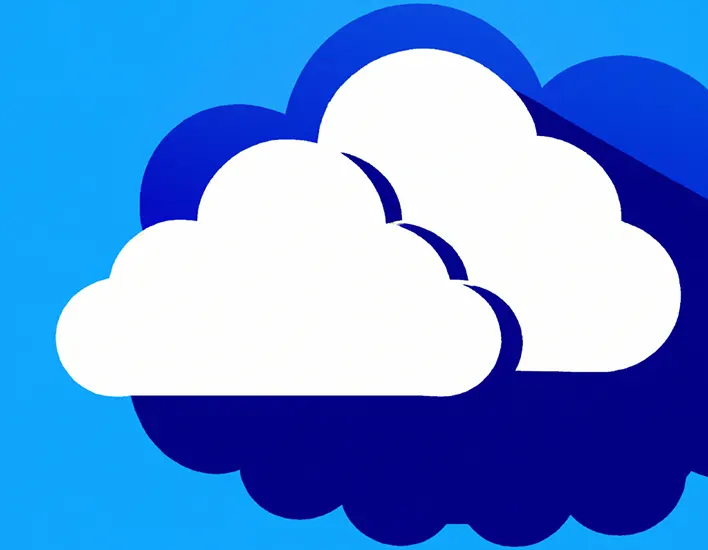Software-as-a-service (SaaS) has become increasingly popular in recent years as a means of delivering software applications to customers. However, there are concerns around data privacy and security, particularly with regard to sensitive information, among other factors. This has led to the development of private SaaS, a model that allows businesses to enjoy the benefits of SaaS while maintaining control over their data, deployment flexibility, and easier customizations and integrations. In this article, we will discuss private SaaS, its benefits, and how it works.
What is Private SaaS?
Private SaaS is a software delivery model in which a vendor delivers a software application to a customer's private network or cloud. Unlike traditional SaaS, which is hosted on a vendor's infrastructure, private SaaS is hosted on the dedicated cloud infrastructure (or even the customer's own infrastructure) instead of public shared cloud infrastructure, providing the customer with greater control over their data and security.
In a private SaaS model, the vendor provides a software application that is designed to be installed and run on the private infrastructure. This may include a virtual machine, a container, or a set of microservices that are deployed on the customer's servers or cloud servers, such as AWS, Google GCP or Microsoft Azure. The software vendor provides ongoing support and maintenance, but the customer maintains control over the application deployment and its content and data.
Benefits of Private SaaS
Private SaaS offers a number of benefits to businesses that require greater control over their solution. Some of these benefits include:
Data Security
With private SaaS, businesses have greater control over their data, which is hosted on their own infrastructure. This means that sensitive data is not exposed to third-party vendors or other potential security risks. Businesses can implement their own security protocols and encryption to ensure that their data is protected.
Compliance
Private SaaS allows businesses to maintain compliance with regulatory requirements, such as HIPAA or GDPR. By hosting their data on their own infrastructure, businesses can ensure that they are in compliance with the relevant regulations and can avoid potential penalties or fines.
Customization
Private SaaS allows businesses to customize the software application to meet their specific needs. This may include adding or removing features, integrating with other systems, or modifying the user interface. By having greater control over the application, businesses can ensure that it meets their unique requirements.
Cost Savings
Private SaaS can be a cost-effective solution for businesses that have a large user base or require extensive customization. By hosting the software on dedicated infrastructure, businesses can avoid the recurring costs associated with traditional SaaS models, such as per-user licensing fees.
How Private SaaS Works
Private SaaS typically involves a few key components, including the software application, the infrastructure, and the vendor's support services. Here's a brief overview of how private SaaS works:
Software Application
The software application is typically provided by the vendor and is designed to be installed and run on the dedicated infrastructure. This may include a virtual machine, a container, or a set of microservices, combined with monitoring and security tools and processes.
Infrastructure
The infrastructure required for private SaaS may vary depending on the software application and the customer's requirements. This may include servers, storage, networking, and security components. The customer usually has control of the sizing and regional deployment of the infrastructure required to run the software application, and tailor it to their own specific performance, redunancy, and cost requirements.
Vendor Support Services
The vendor provides ongoing support and maintenance for the software application, and monitoring of the cloud infrastructure. This may include software updates, bug fixes, and technical support. The level of support may vary depending on the vendor and the customer's requirements.
Conclusion
Private SaaS is a software delivery model that offers businesses greater control over their data and security. By hosting the software application on dedicated infrastructure, businesses can achieve higher levels of security, maintain compliance with regulatory requirements, customize the application to meet their specific needs, deploy based on their own specific performance requirements, and potentially save on overall costs. Private SaaS is an attractive option for businesses that require greater control over their content/data, high levels of security, and all the other advantages that it provides.

 Sarah Miller
Sarah Miller




